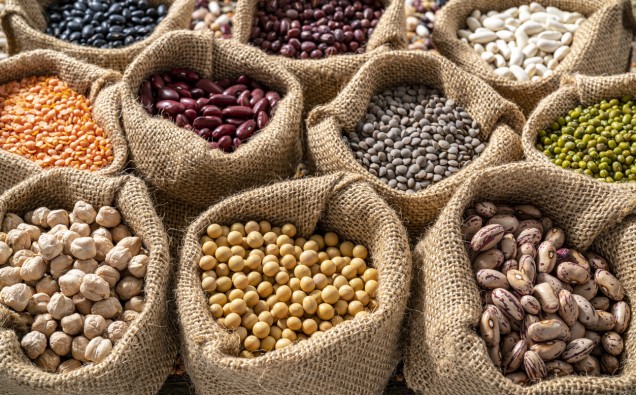Animal-based proteins, processed fruits and vegetables, and discretionary foods such as sweeteners and coffee contribute are the most at risk of being produced using exploitative practices, a new study finds.
The new report published in Nature Food saw researchers from the Friedman School of Nutrition Science and Policy at Tufts University and the University of Nottingham Rights Lab follow the supply chain for every land-based food commodity in the US, looking at each stage of production, the policies in place in various locations, and any previous reports of forced labour.
To calculate which areas of the food industry have the highest risk for this type of exploitation, excluding seafood, the researchers used data from the US Department of Labor and State Department as well as various reports from non-governmental organizations.
They also relied on investigative journalism sources, combing through 40,000 articles on forced labour in food commodities across the world for any documented incidents that might not have been included in other reports.
They found that risk is widespread in the U.S. food system. A lot of the high-risk products were hand-picked products, such as tomatoes, berries, and citrus fruit, or those that require significant processing, such as boneless beef or apple juice concentrate.
The researchers explain that the goal of the report wasn’t to get consumers to stop purchasing a particular food—these actions can actually hurt workers, the researchers said—but to prompt the systemic changes needed to create a food system that works for everyone.
Jessica Decker Sparks, senior author of the paper and assistant professor at the Friedman School, said: “We often think of our risk here in the U.S. as coming from imports, but there’s plenty of risk that comes from our domestic food production as well. And that’s important because some of the more effective tools we use to try to eliminate or mitigate risk of forced labour in the U.S. are trade bans or trade sanctions. They’re focused on imports.”
Study authors Bethany Jackson, senior research fellow at the University of Nottingham, and Edgar Rodríguez Huerta, research fellow at the University of Nottingham, along with Nicole Tichenor Blackstone, assistant professor at the Friedman School, also found that 62 percent of the risk of forced labour came from production or processing that occurs on U.S. soil.

















